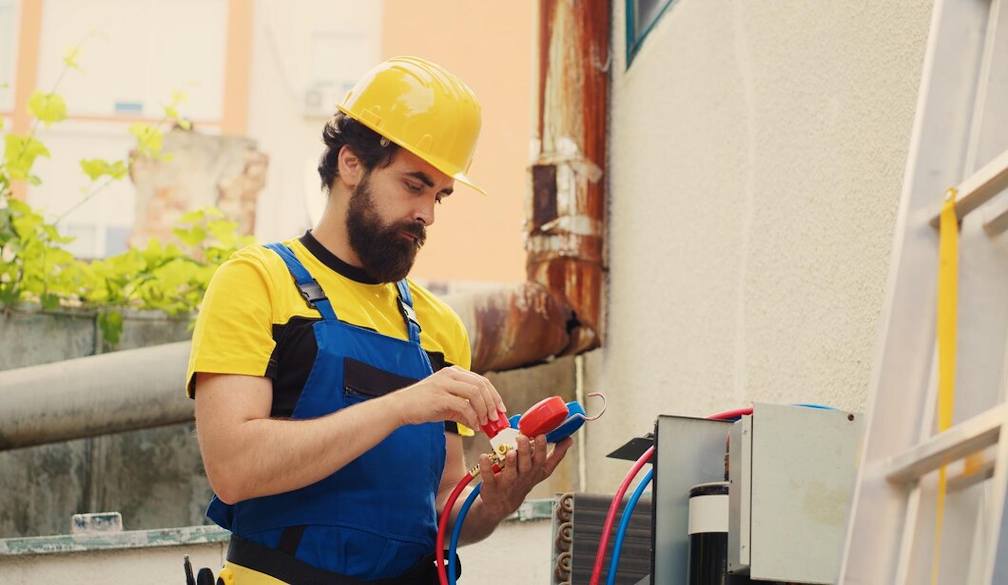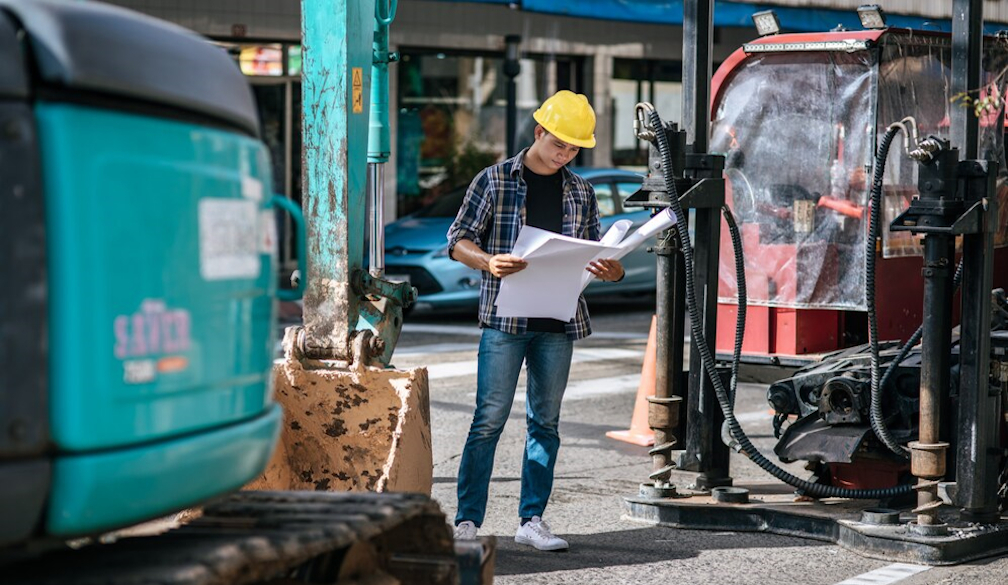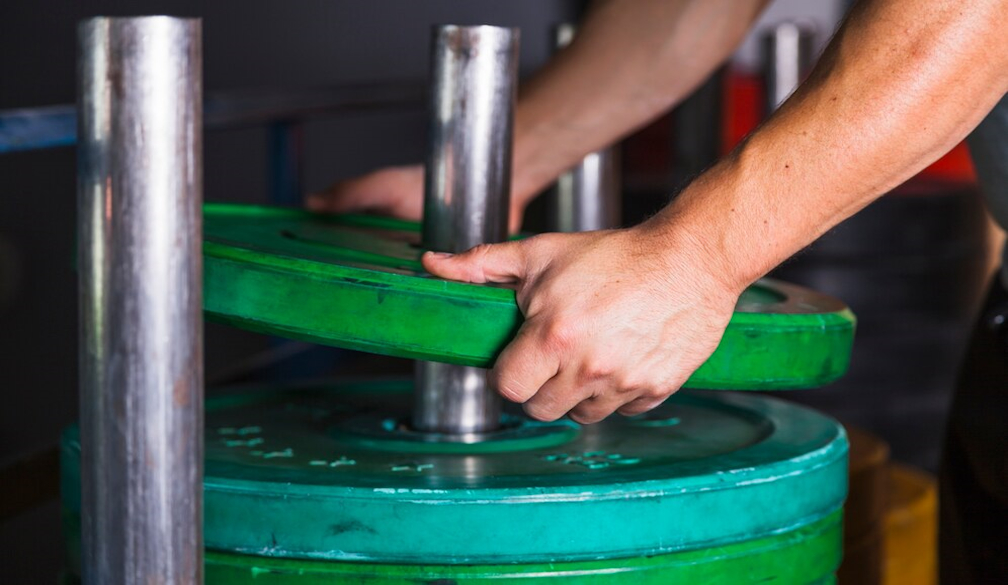Long airport wait times reduced with new security checkpoints

Monash University and Australian tech company Micro-X have partnered to streamline crucial airport security checkpoints, and increase aviation passenger safety, across the United States - with the added benefit of reducing long airport wait times.
The US Department of Homeland Security (DHS) Science and Technology Directorate (S&T) awarded a contract to Micro-X to create and test a compact self-screening concept which streamlines the security processing into a single step.
The integrated system - designed by Monash University's Design Health Collab - allows the scanning of passengers and their possessions to be conducted simultaneously, while meeting the strict safeguards of travel security.
The design also utilises a much smaller CT scanning system than those currently used in airports, allowing more checkpoints to operate, reducing queues and frustrating bottlenecks.
Monash lead design researcher Dr Nvein Chan Aung said the implementation of the new imaging technologies could transform the airport security experience for both travellers and staff.
“This new system design reconsiders every element to serve the user, including the industrial design, floor plan layout, lighting, ergonomics, materials and user interfaces,” he said.
“The checkpoint aims to maintain effective security while improving the throughput and passenger and operator experience.”
The new design will also offer a ‘pre-warning’ prompt that will alert passengers of forgotten objects in their pockets so they can avoid nuisance alarms when the on-person screening is conducted.
Dr Aung said the Monash Design Health Collab team was working to connect technology and the passengers' experience, which is vital to the design’s success in the “real world.”
“Undertaking a user-centred design approach is critical to the success of new technologies and ensuring that the workflows allow for optimal system performance while maintaining ease-of-use, convenience and dignity for passengers from all walks of life,” he said.
Dr Brian Gonzales, Chief Scientist of Micro-X and the CEO of the company's US subsidiary, agreed. He said world-class scanning technology needed to be combined with great design to be effective.
“The interface between the checkpoint system and the person is what makes the technology work for humans. People need to have a good experience and the design needs to consider people’s wellbeing, movement and flow,” he said.
Design Health Collab is collaborating with other Monash University labs on this project, harnessing the research of the XYX Lab, leaders in gender-sensitive design, and the Mobility Design Lab, whose focus is on improving the physical, environmental and experiential aspects of mobility
Photo: A prototype image of the new screening process/Monash University






